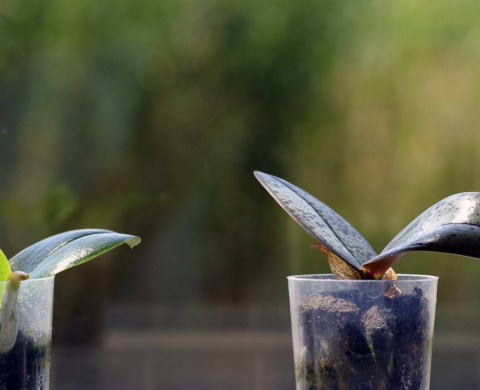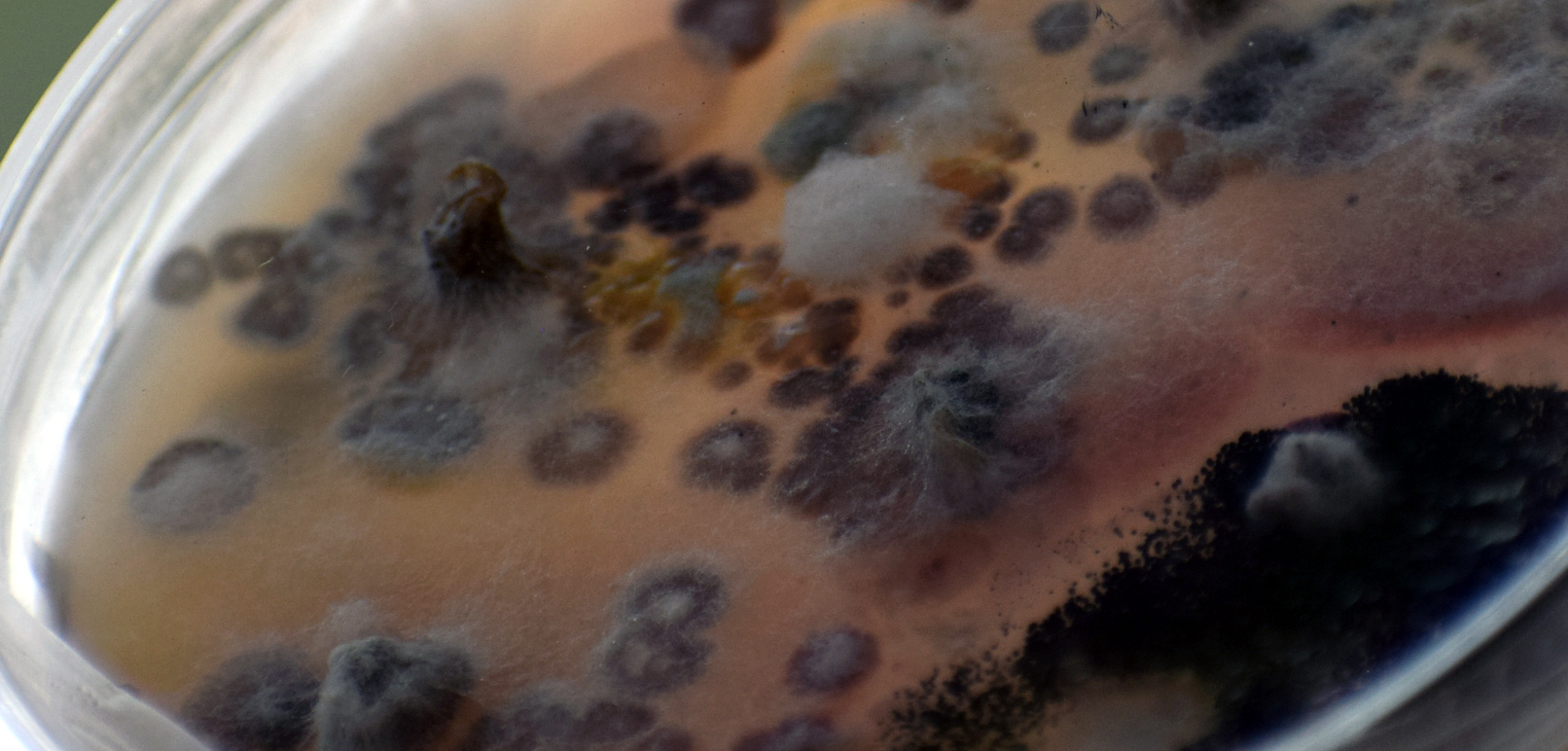Towards Orchid Propagation that is Free of Microbial Contamination: Green and Sustainable Solutions (TOP-MASS)

Orchids are not only beautiful - they're big business. The Netherlands produces around 134 million orchids each year, worth an estimated 550 million euros. But behind the scenes, growers face a hidden threat: microbial contamination during the production of young orchid plants.
Cleaner, Greener Orchid Propagation: Tackling Microbial Contamination Sustainably
Despite strict hygiene measures, bacteria can grow on the nutrient-rich media used to propagate orchids. These bacteria may damage the plants, but even when they don’t, their presence alone is enough to render batches unsellable due to strict regulations and market standards. The result? More than 16 million euros in losses each year.
Traditional antibiotics can’t be used to fix the problem, due to sustainability and safety concerns. And as orchid growers move towards larger-scale, automated systems to keep production efficient, the risk of bacterial contamination affecting large numbers of plants only increases.
Our project, TOP-MASS (Towards Orchid Propagation that is Free of Microbial Contamination: Green and Sustainable Solutions), aims to tackle this issue in a safe, sustainable way.
We’re taking a three-step approach:
- Identify the Problem Bacteria: We'll collect and study the bacterial strains responsible for contamination. This will give us a clear picture of which microbes are causing trouble.
- Find Natural Solutions: Using this information, we’ll test natural, already-approved substances to see which ones can stop the bacteria from growing—without harming the orchids.
- Harness Viruses that Target Bacteria: We’ll also isolate bacteriophages—natural viruses that infect and kill specific bacteria—and develop a targeted "phage cocktail" to control the harmful strains.
By combining rapid-use natural products with longer-term biological tools like phages, our research will provide both immediate and lasting solutions to the contamination problem. In doing so, we aim to make orchid production cleaner, greener, and more resilient—while helping this iconic flower continue to thrive in the Dutch economy.
Experts
-

-
Samin Farhangi
Postdoc , Microbial Ecology

